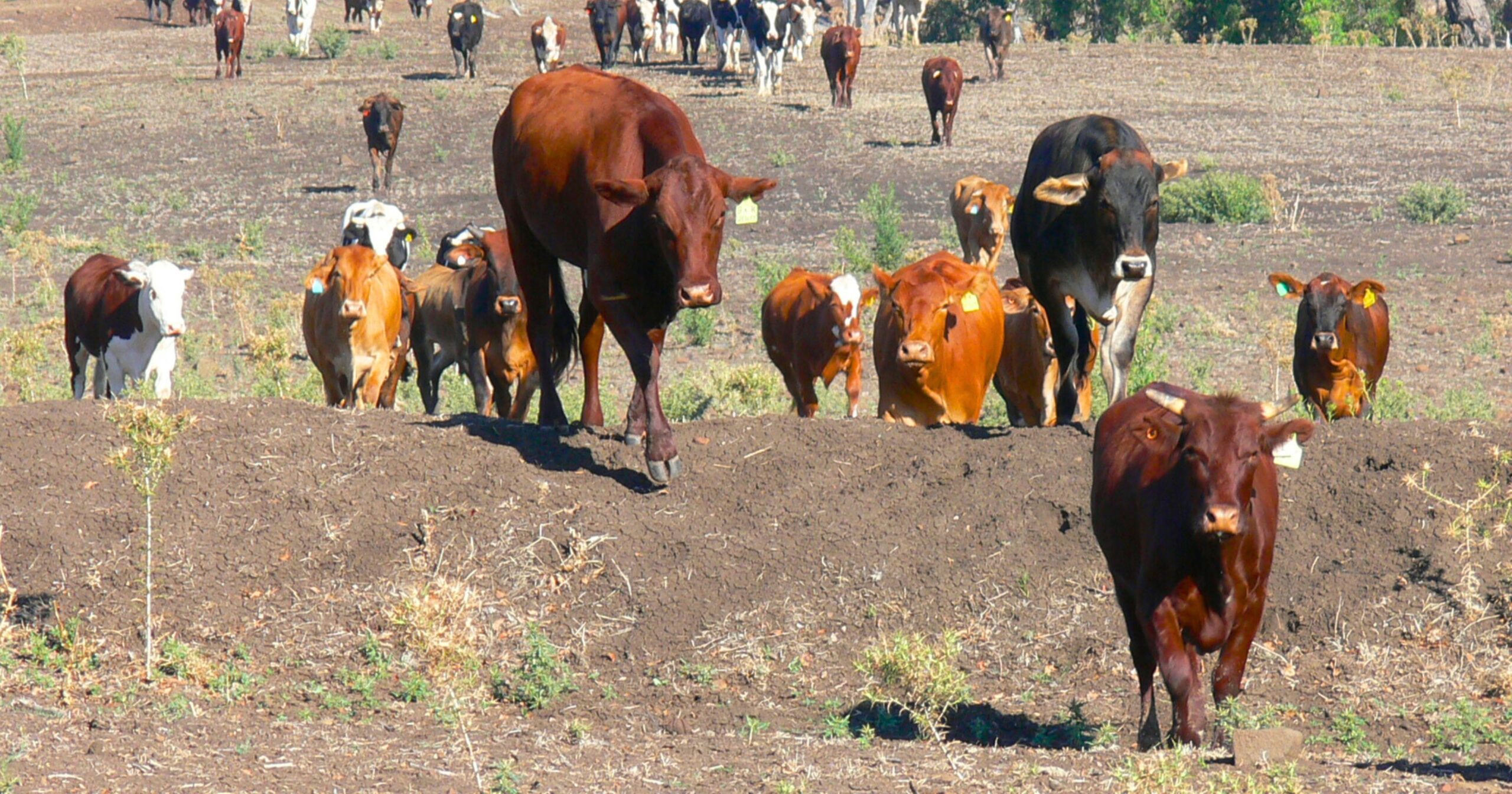Victorian businesses say new levy is ‘unsustainable’

A Victorian business owner grapples with rising costs, including a sharp new emergency services levy. Photo: Supplied
Victorian business leaders are urging the State Government to reconsider a steep new levy they say could cripple regional economies already under pressure.
From July 1, the Fire Services Property Levy was replaced by the Emergency Services and Volunteers Fund (ESVF), a change announced in the December 2024 Budget Update. But as annual council rates land in inboxes, the impact of the new charge is becoming clear.
Victorian Regional Chamber Alliance (VRCA) Chair Jodie Gillett said the extra cost was being sharply felt by those who own or rent commercial properties.
“Our members are reporting significant increases,” she said.
“For hospitality businesses it’s up by 114%, professional services 112%, retail 60% and manufacturing 34%.”
The VRCA says this change could result in a 63% average levy hike for commercial premises, at a time when many are already facing rising insurance, energy, and transport costs.
“We are seeing business communities under serious threat. They cannot afford any additional costs,” the alliance said.
While the Government has promised to freeze the levy for primary producers in drought-affected areas, the VRCA says the broader impact on rural communities will be devastating. Rural Councils Victoria has estimated the ESVF will remove $139 million annually from these regions.

“We question the Government’s consultation process,” the statement continued.
“It is very clear to our members that this increased levy will add significantly to financial stress in the current environment.”
The alliance is calling for urgent reform to ease the burden of doing business in Victoria, particularly in communities still recovering from natural disasters and grappling with infrastructure gaps.
The VRCA has urged the State Government to engage with regional stakeholders and prioritise solutions that support long-term business viability.


















